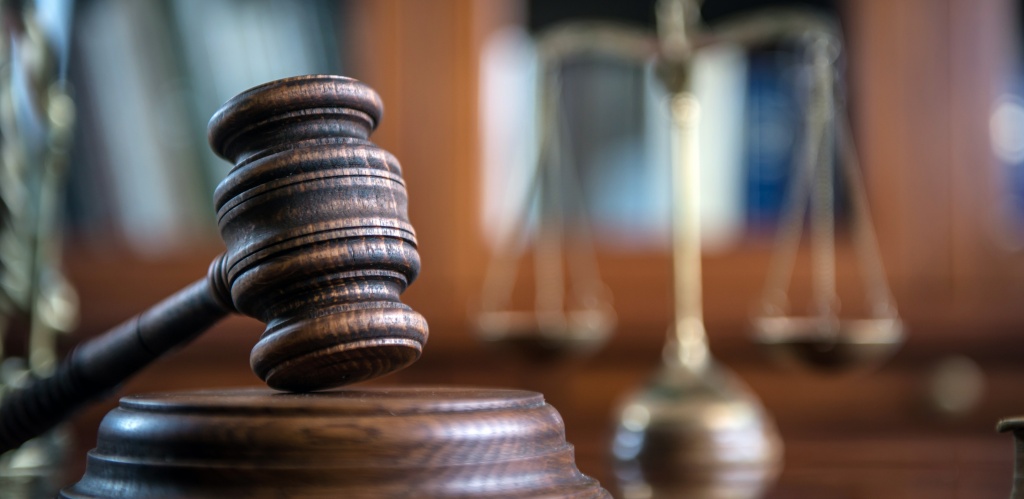New NJ decriminalization bill could advance legalization

After months of debate and delays, the New Jersey Legislature will vote today on a bill loosening the penalties for underage marijuana and alcohol possession. The bill’s sponsor, Democratic Judiciary Committee Chairman Nicholas Scutari, said he hopes the bill will get enough support to pass and will persuade Gov. Phil Murphy to sign two bills already on his desk that set up the new marketplace and decriminalize marijuana for those 21 and older.
It’s unclear whether the new bill carries enough support to pass. The governor has declined to comment.
Monday is a deadline for Murphy to act on the measures lawmakers sent him in December. He had earlier said he backed the measures, but delayed signing them for more than two months amid concerns that young people of color could still face arrests, running afoul of his goal of undoing the effects of the war on drugs in Black communities.
According to a recent study, Black people are 3.5x more likely to be arrested for marijuana possession than white people in the state of New Jersey.
The governor has declined to detail what the issues are or why he hasn’t signed the bill, though, he said he wants to be sure that young people, particularly people of color, don’t get “tangled up in our criminal justice system.”
The legislation that advanced Friday addresses underage possession of alcohol and marijuana, which can only lawfully be used by those 21 and older.
Specifically, the new legislation would make underage possession or consumption of alcohol or marijuana subject to a written warning on the first violation. Second violations would carry a written warning as well, along with information for those 18 and older about community services, including counseling. Those under 18 would also get a written warning, along with their parents or guardians being notified. Third violations carry similar consequences, but with a written referral – instead of just information – for community services.
The legislation also removes authority from towns to enact ordinances with civil penalties or fines concerning underage possession or consumption violations on private property, among other measures.
It also increases the liability for suppliers of cannabis items to underage people by making a third or subsequent violation a petty disorderly persons offense. Currently, underage drinking is punishable by a fine of up to $1,000 and up to six months in jail.
The impasse over marijuana stems from a November ballot question amending the constitution to permit recreational cannabis for those 21 and over that voters approved by a 2-to-1 margin.
The delay has sparked widespread frustration. Edmund DeVeaux, the head of the New Jersey CannaBusiness Association, said lawmakers and the governor get the legislation enacted.
“Enough already. Only in New Jersey could the will of the voters be so callously ignored,” he said in a statement.
The marketplace legalization bill applies the state’s 6.625% sales tax, with 70% of the proceeds going to areas disproportionately affected by marijuana-related arrests. Black residents were likelier – up to three times as much – to face marijuana charges than white residents.
Towns can levy a tax of up to 2% under the measure.
Also under the bill, the Cannabis Regulatory Commission will be able to levy an excise tax, the amount of which will depend on the cost per ounce of cannabis. There will be four levels of tax under the bill, so if cannabis is $350 or more, the tax per ounce will be $10. That rises to $60 per ounce if the retail price of the product is less than $250.
The number of licenses for cultivators will be set at 37 for two years. The state Senate was pushing for no limits, but the Assembly wanted the caps.
The decriminalization measure is necessary because the state’s laws make possession a crime, despite the voter-approved amendment, according to lawmakers. The measure passed with with broad bipartisan support.
The Associated Press contributed to this report.